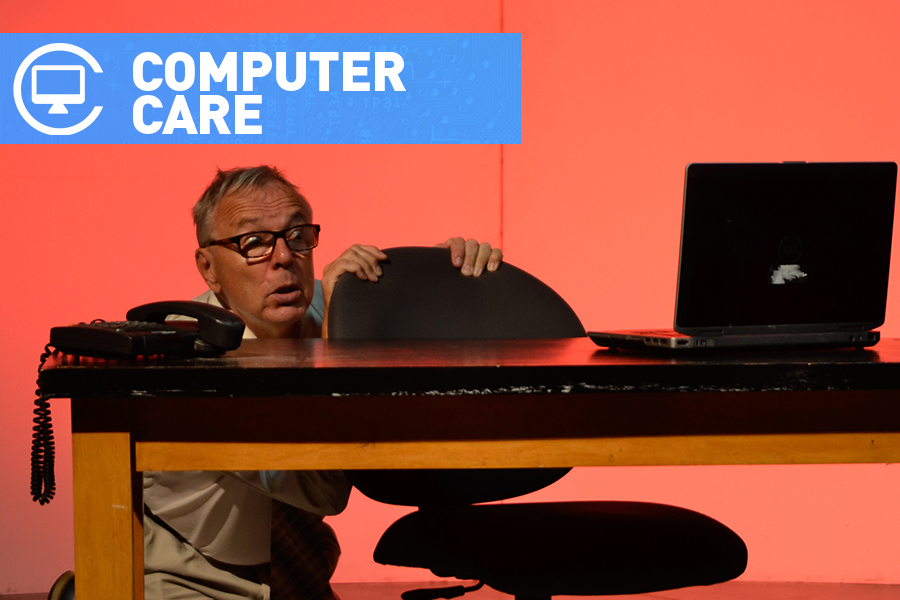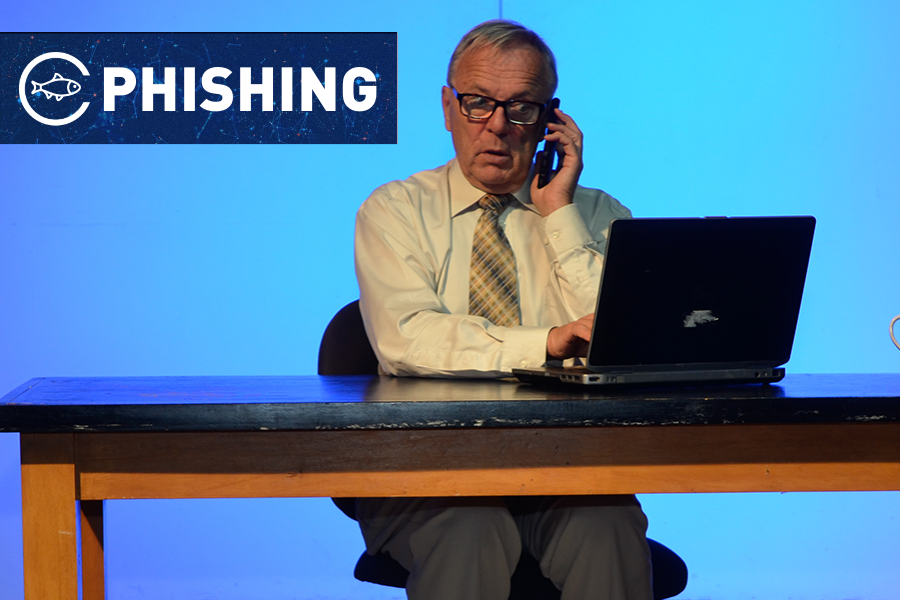Friends and colleagues of Dean Roy, a UWindsor employee of more than 35 years who died Oct. 17 at the age of 58, remember him for his contributions to campus operations in his paid and volunteer work.
He joined the University’s staff in 1986 as a programmer in the University Computer Centre, receiving promotions in 1989 to systems programmer, in 1996 to senior systems programmer, and in 2003 to systems programmer specialist in Information Technology Services.
“Dean played a key role in setting up and maintaining computer systems that powered many of the enterprise applications and databases on campus, including the student information systems, payroll, and finance,” says Stephen Karamatos, manager of technology and innovation. “He was a diligent staff member and contributed his talents and rich experience during the waves of technological changes. He will sadly be missed by his colleagues.”
Roy was also active in Local 1393 of the Canadian Union of Public Employees, including serving as its president from 2011 to 2017.
Campus flags will be lowered in his memory on Friday, Oct. 22. His family has set up a scholarship fund and welcome memorial donations; click here to make a gift online.
Funeral services are planned for Saturday, Oct. 23. Find details in his obituary online.




